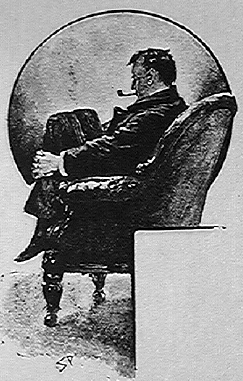Debate in English: 11 Study TopicsIn the second year debate courses, students will be thinking about problems.
|  |
|---|
Debate in English: 11 Study TopicsIn the second year debate courses, students will be thinking about problems.
|  |
|---|
1. Inference, for example deciding what happened between two frames of a sequence story.
2. Problem solving from visual information (negotiation of cause and effect ).
3. Interpreting trends shown by various segments of a line graph, given sufficient background information.
4. Interpreting a data matrix e.g. comparing three countries, using simple data from the United Nations "Infonation" website.
5. Finding and reporting the rules needed in a given logic scenario, e.g. playing the de Bono game L-spot, or the attribute card game SET.
6. Deciding the validity of a claim, e.g. the danger to human health from EMFs (electro-magnetic fields) by both information search and the use an experimental tool such as a gauss detector.
7. Researching to find information which supports or contradicts a strong statement, e.g. "U.S. web searching is more fruitful than Japanese web searching".
8. Formulating a list of priorities, e.g. to rank items on a list for a survival kit from most important to least important.
9. Identifying the positive and negative aspects of an issue, e.g. "English as a required subject for Japanese university engineering students".
10. Predicting the consequences and sequel of a decision, e.g. to make motorcycles with 2-stroke engines illegal.
11. Anticipating the views of various groups with regard to a contentious issue.
Last updated on February 5, 1998
Copyright (C) 1998 by Lawrie Hunter (lawrie@info.kochi-tech.ac.jp)